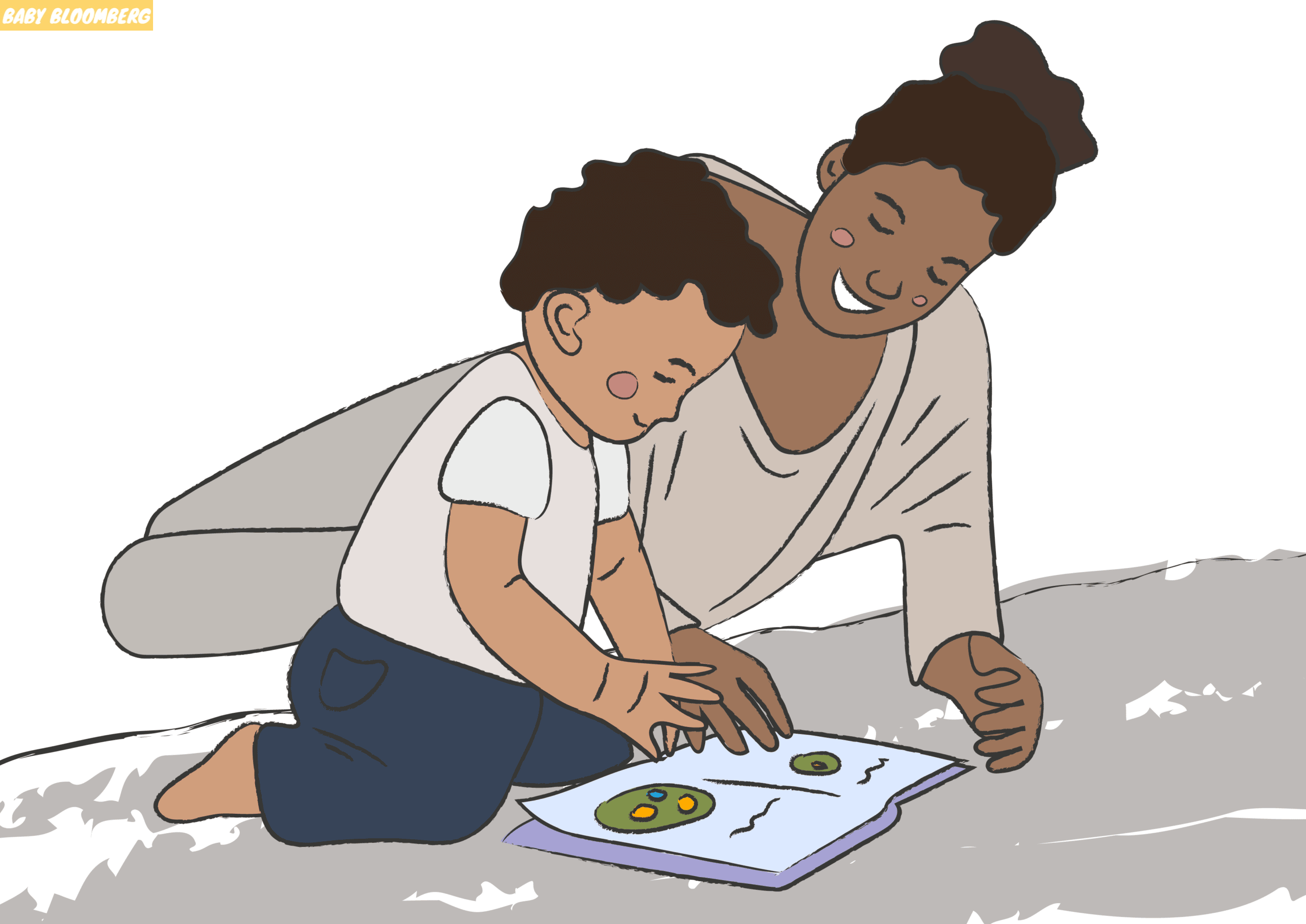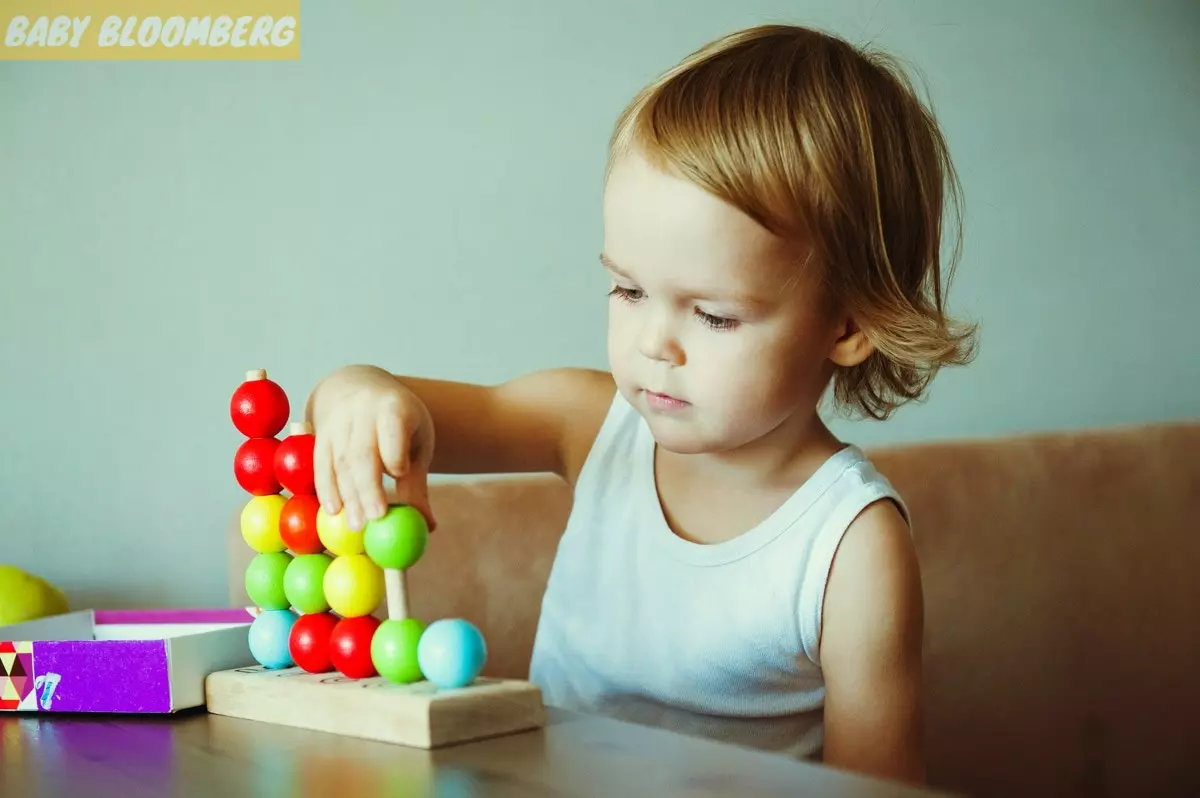1. Nurturing and raising responsible citizens
Responsible parenthood ensures that children are raised with values, morals, and skills that will make them responsible and contributing members of society. By leading by example and providing guidance, parents instill in their children a sense of responsibility towards their actions and the welfare of others.
2. Providing a stable and loving environment
A stable and loving environment is essential for the emotional and psychological well-being of children. Responsible parents create such an environment by fostering a sense of security and stability at home. This includes providing consistency, establishing routines, and creating a loving relationship with their children.
3. Ensuring the physical and emotional well-being of children
Responsible parents prioritize the health and well-being of their children. This involves ensuring access to proper nutrition, healthcare, and emotional support. They promote a healthy lifestyle, teach their children self-care habits, and are attentive to their emotional needs.
4. Promoting education and intellectual development
Education plays a crucial role in a child’s development and future success. Responsible parents understand the importance of education and actively support their children’s learning and intellectual development. They provide a conducive environment for learning, engage in educational activities, and encourage their children to explore new ideas and knowledge.
5. Teaching life skills and independence
Responsible parents teach their children essential life skills that prepare them for adulthood. These skills include problem-solving, decision-making, time management, and communication. By instilling independence, parents empower their children to become self-reliant and confident individuals.
6. Instilling values and ethics
Responsible parents understand the importance of instilling values and ethics in their children. They teach them the difference between right and wrong, the importance of honesty, respect for others, empathy, and integrity. By doing so, parents help their children develop a strong moral compass and guide them to make responsible choices throughout their lives.
7. Fostering positive relationships and social skills
Responsible parents encourage their children to develop positive relationships and social skills. They teach them how to establish and maintain friendships, resolve conflicts peacefully, and navigate social situations with empathy and respect. These skills are crucial for building healthy and fulfilling relationships throughout their lives.
8. Financial responsibility
In an increasingly complex world, financial responsibility is a vital skill. Responsible parents teach their children about money management, budgeting, saving, and the value of hard work. By instilling these principles, they empower their children to make informed financial decisions and develop financial independence.
9. Promoting mental and emotional resilience
Life is filled with ups and downs, and responsible parents understand the importance of equipping their children with the skills to cope with challenges. They support their children’s mental and emotional well-being, encourage resilience, and help them develop effective coping mechanisms. This prepares children to navigate life’s obstacles with strength and optimism.
10. Ensuring a better future
Responsible parenthood contributes to building a better future for society as a whole. When children are raised with a sense of responsibility, they grow up to become responsible adults who contribute positively to their communities. By instilling values, skills, and qualities that promote responsible behavior, parents are playing a crucial role in shaping the world for the better.
FAQs
How can parents teach responsibility to their children?
Parents can teach responsibility to their children by leading by example, assigning age-appropriate chores, setting clear expectations and consequences, and having open discussions about responsibility and its importance.
Why is a stable and loving environment important for children?
A stable and loving environment provides children with a sense of security, stability, and emotional support. It helps foster their overall well-being, resilience, and positive mental health.
How can parents promote financial responsibility?
Parents can promote financial responsibility by teaching their children about money management, budgeting, saving, and the value of hard work. They can also provide opportunities for their children to earn and manage their own money.
Why is education important for children?
Education is important for children as it equips them with knowledge, skills, and opportunities for personal and professional growth. It helps shape their future and empowers them to become productive members of society.
How can parents foster positive relationships in their children?
Parents can foster positive relationships in their children by teaching them effective communication skills, empathy, and respect for others. They can encourage social interactions, facilitate group activities, and provide guidance on building and maintaining healthy friendships.
What is the role of responsible parenthood in shaping the future generation?
Responsible parenthood plays a crucial role in shaping the future generation by instilling values, skills, and ethics in children. It helps prepare them to become responsible and contributing members of society who positively impact their communities.
Conclusion
Responsible parenthood is a significant responsibility that encompasses various aspects of raising children. From nurturing responsible citizens to fostering independence and teaching life skills, responsible parents have a profound impact on their children’s development. By prioritizing the physical, emotional, and intellectual well-being of their children, parents contribute to building a better future for everyone.











